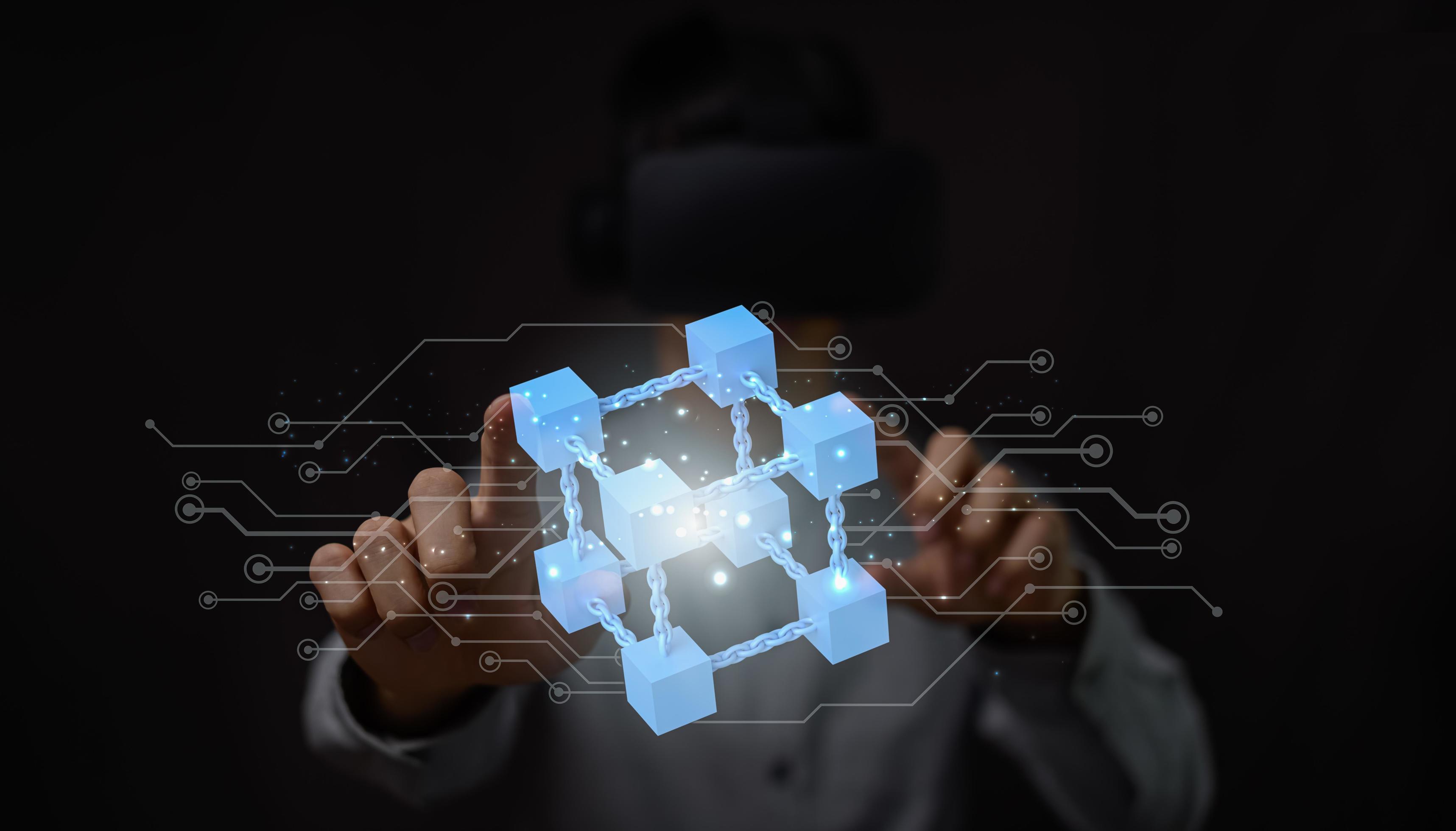Blockchain Game Development
Blockchain Game Development represents the convergence of blockchain technology with the gaming industry, creating a paradigm shift in how games are designed and experienced. Leveraging decentralized ledgers, developers employ non-fungible tokens (NFTs) to grant players true ownership of in-game assets. Smart contracts automate various aspects of gameplay, ensuring transparency and fairness. The immutability of the blockchain ledger prevents fraud and enhances security. This innovative approach fosters a sense of community engagement, as players actively participate in decision-making processes through blockchain-based governance. Tokenization introduces new monetization models, allowing players to earn and trade tokens across games. Interoperability enables seamless asset transfer between different games and platforms. Blockchain game development platforms provide tools for developers to integrate blockchain features. Security audits play a crucial role in identifying vulnerabilities and ensuring a secure gaming environment. Overall, Blockchain Game Development is redefining the gaming landscape, offering a more transparent, secure, and player-centric gaming experience.
